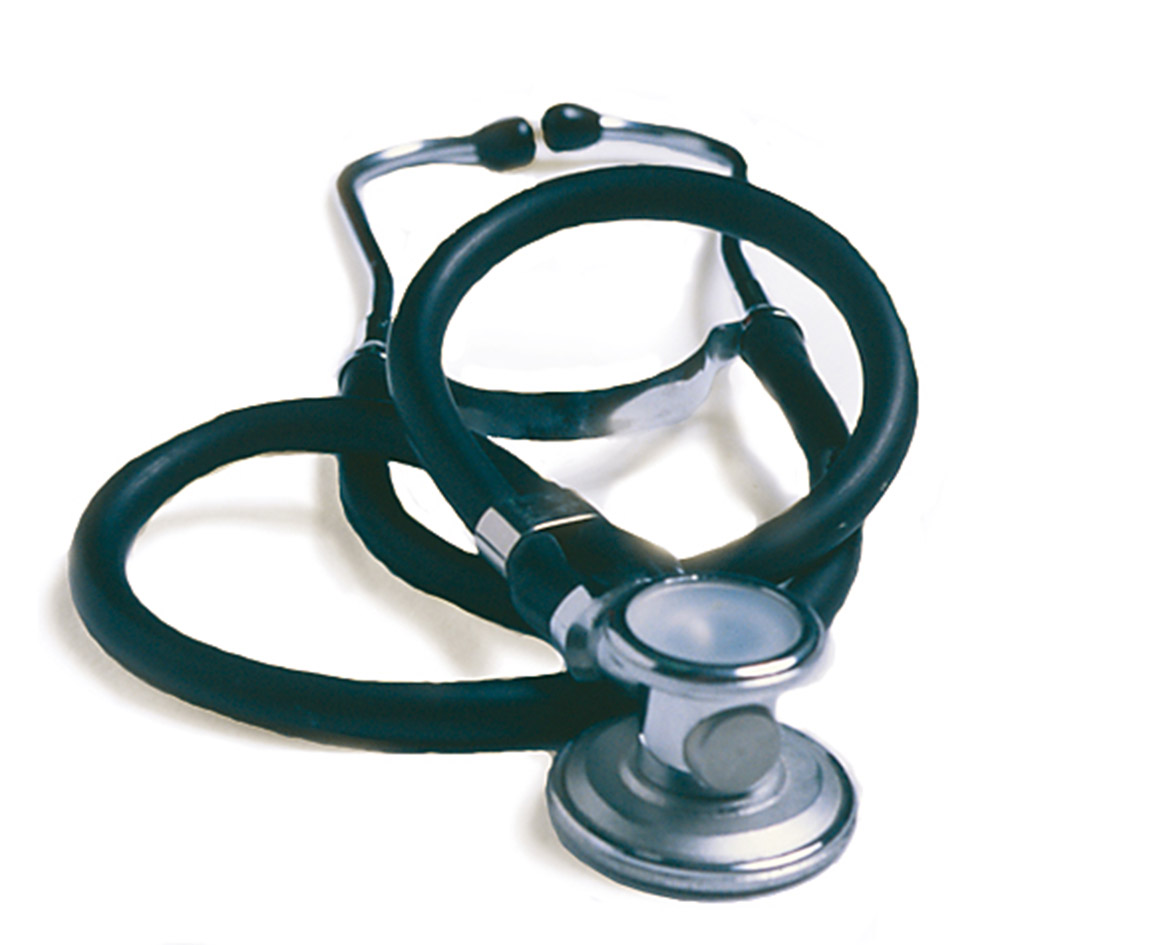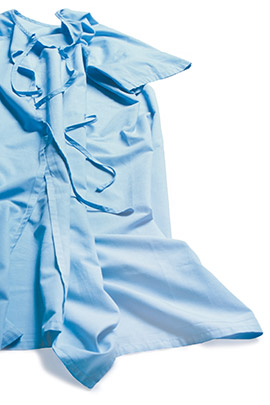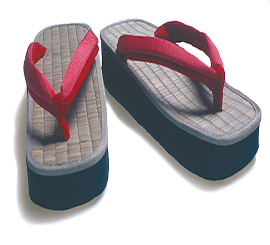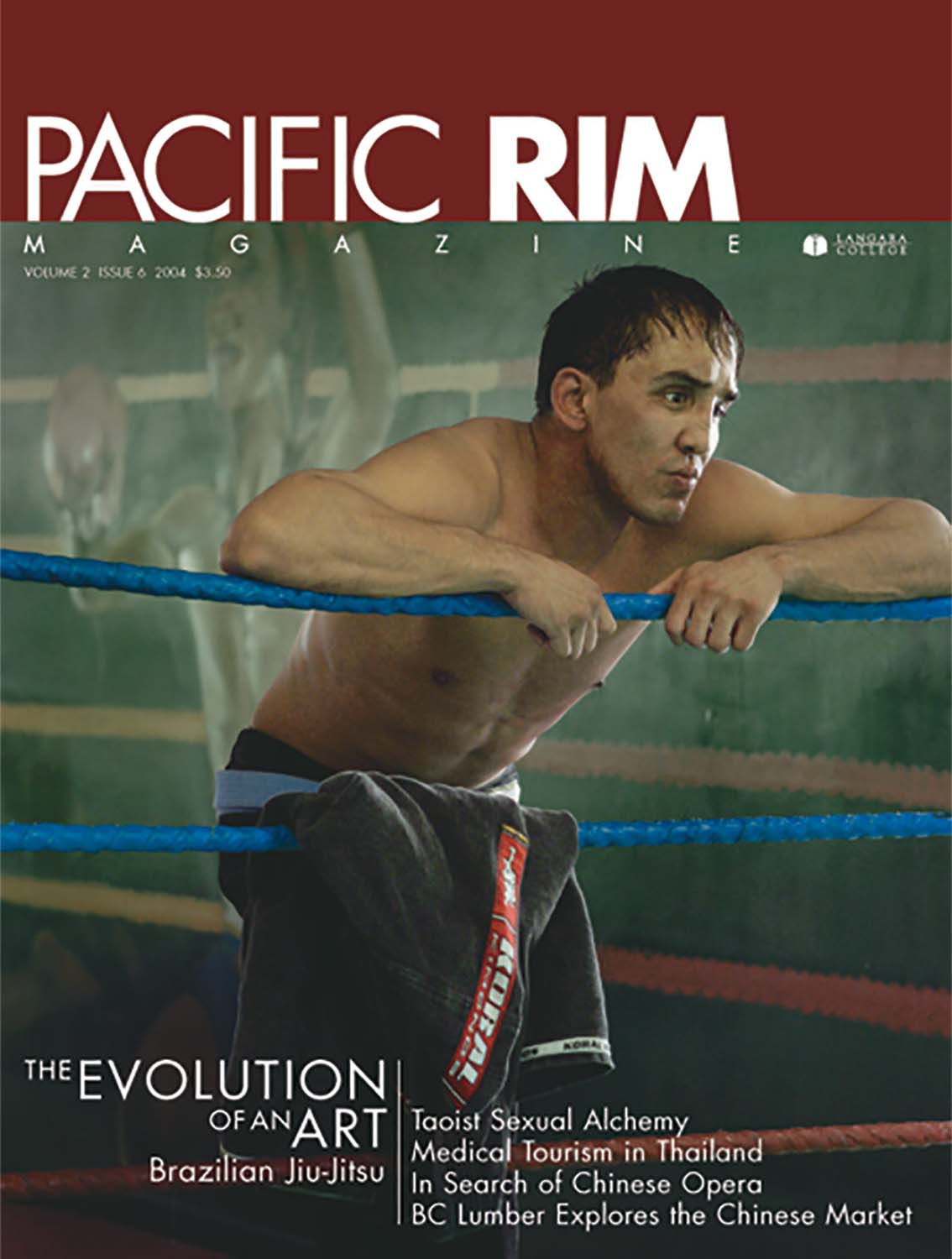
Story Cynthia Crick
Medical Tourism in Thailand. The changing face of tourism in Thailand.
Amazing Thailand—Unseen Treasures, the international tourism slogan for Thailand, promises to reveal more than meets the eye. The Land of Smiles has something for everyone: beautiful beaches, spectacular scenery, historical sites and of course, shopping. A promotional video urges visitors to “splurge on whatever your heart desires.” And they do. Some tourists go home with a suntan or newly tailored clothes, others return with larger breasts, smoother faces or fat-free legs. Still others undergo more serious medical procedures such as heart surgery or cancer treatment. It gives a whole new meaning to the casual post-holiday remark, “You look rested.”
Tourism in Thailand is taking on a new face, and that face may involve a few nips and tucks. As part of a restructuring plan to improve the way it markets tourism abroad, the Tourism Authority of Thailand has identified medical tourism as a resource to be exploited.
In 2003, the burgeoning medical tourism industry generated more than $1.5 billion for Thailand’s 400-plus private hospitals. Healthcare is becoming a profitable business and Thailand is cashing in on the trend. Since 1999 over $1.3 billion has been invested in the Thai healthcare industry.
Medical Procedures In Thailand
Quality healthcare and Thailand seem to be an incongruous combination to those of us halfway around the world, but Robin Webb of Whonnock, B.C., has a different impression. On arriving in Bangkok last spring, he came down with bronchial pneumonia. Toughing it out, he went about his business, not daring to step inside a Bangkok health facility. Finally, convinced by the gleaming, modern hospital buildings and by his son’s concern, he went to the nearest hospital. Within five minutes of entering, Webb was having his blood pressure taken. “I walked out of that hospital 45 minutes later with all the medication that was necessary to look after the problem that I had…It was so reasonable I didn’t even go to the insurance.” Coincidentally, that hospital, Saint Louis, is one that Canadian Executive Services Organization helped in improving its quality management and becoming internationally accredited.
While hospital visits such as Webb’s may not be strictly classified as medical tourism, he is counted among more than 630,000 overseas patients in 2003. His positive experience, like theirs, provides important marketing for medical tourism in Thailand: word of mouth.
Most Canadians, conditioned to rely on the national healthcare system, may find Thailand an unusual choice for medical services. Some, like Webb, do not. In 2003, over 5600 Canadians sought medical treatment at Bumrungrad Hospital in Bangkok. With an atmosphere more akin to a five-star hotel than a hospital, Bumrungrad is not only the largest private medical institution in Asia, but also the first hospital in Asia to become internationally accredited.
Speedy Medical Treatment
After moving to Bangkok, Helle Simonsen of North Vancouver began experiencing neck pains and went to Samitivej Hospital. She was able to see an orthopedic surgeon right away. Concerned about her x-ray results, he arranged an MRI scan for the following day and instructed her to return to see him with the scan results. “I went there, I had the scans done and then I waited for about 45 minutes while they developed the scans. It was quite instantaneous.” Simonsen was back to see the surgeon at Samitivej within 24 hours of her first visit. He took her down the hall to another specialist, a neurosurgeon, who advised she needed immediate surgery on two herniated disks in her neck.
Such speed is unheard of in Canada. In fact, it was almost too fast for Simonsen, shaken by the seriousness of the surgery she faced. “It happened really quick. It could have happened quicker. I could have just said yes right away and popped under the knife, but I wanted to get it checked.” Armed with her MRI scans, she went to two other hospitals. At about $20 a consultation and with no waiting list to see a specialist, getting a second and third opinion was well worth it. She even sent the scans to Canada just to be sure.

The two doctors who operated on Simonsen, an orthopedic surgeon and a neurosurgeon, were both educated in the United States. It is not unusual to find doctors in Thailand with overseas training. Angela Stafford, head of the international centre at BNH Hospital in Bangkok, affirms that doctors find it a career advantage to train abroad. As a result, doctors speak a variety of languages at BNH, an important factor in attracting foreign clientele.
BNH Hospital receives its fair share of foreigners. Patients average 40 to 50 per cent foreign. Many expatriate patients are from the Canadian Embassy, including Canada’s ambassador to Thailand. Other patients come from abroad, often to undergo cosmetic surgery. Stafford reveals that a well-known plastic surgeon, Dr. Preecha Tieawtranon, has a clinic at BNH and is one reason for the hospital’s popularity.
Patients do not necessarily jump straight into cosmetic surgery. According to Benchawan Ukrid, former director and consul of the Vancouver Thai Trade Centre, the first step is often traditional Thai massage or spa treatment. From there, tourists learn about other services, including non-surgical treatments such as Botox, microdermabrasion, laser hair removal and laser rejuvenation therapy. These procedures are available at many hospitals. Dr. Nalinee Sutthipisal of Samitivej Hospital comments that increased demand is the reason for their new skin and laser centre. For those choosing to take the next step, cosmetic surgery is often an affordable option at many Thai hospitals.
Cosmetic surgery is becoming increasingly more common in our society. A few years ago, a TV show such as the American-produced Extreme Makeover would have been inconceivable. Last fall the Australian program A Current Affair followed a Sydney woman to Bumrungrad Hospital to film her fortieth birthday present to herself: breast implants. More than 700 e-mail inquiries from interested Australians soon followed. In Bangkok and tourist resort centres such as Phuket in southern Thailand, hospitals and clinics offer just about any cosmetic procedure. Some refer to Yanhee General Hospital in Bangkok as “the plastic surgery hospital.” With young women whizzing by on roller blades delivering messages around the hospital, it does a brisk business.
The Thai Trade Centre in downtown Vancouver gets calls just about every day requesting information. The Thai government is actively promoting medical tourism at health fairs and through Thai Trade Centres abroad, targeting to reach 1 million patients by 2005. Whether or not they will reach that goal, doubling the patient number from 2001, remains to be seen. Maintaining high quality and competitive prices will remain the key factors.
It Won’t Break The Bank
Currently, medical costs remain relatively low because staffing and overhead are low. Another less obvious reason is the difficulty in pursuing medical malpractice suits in Thailand. Doctors vigorously oppose any legislation that would make it easier for those seeking damages. Stafford notes that doctors at BNH all have personal liability insurance, but “are honour bound to make sure that whatever went wrong is [made] right.”
Ruben Toral, marketing director at Bumrungrad Hospital, cautions that when going abroad for medical care, people need to be smart consumers. They need to realize that they are taking their health in their own hands and “understand where [they] are going to, and make sure this is an accredited facility with management standards, care standards, quality standards that [they] would expect in [their] home country.”

Back in North Vancouver, Simonsen does not rule out returning to Bangkok one day as a medical tourist. She maintains that the doctors in Bangkok are “trained over here,
so you’re getting western medicine but at a cheaper price…more quickly, more efficiently, and you get probably much better care in the hospital than you would here because they’ve got a higher staff ratio.”
Webb feels no reservations about going back to Thailand for medical care. “If my grandson or my children ever got sick with a problem that [is] not taken…seriously…here, and there’s waiting list upon waiting list, I would put everybody on a plane and take them to Thailand. And that’s a fact.” Strong words for a man who admitted being initially nervous about getting medical care in Thailand. Amazing Thailand indeed.
SHARE

You finished: Medical Tourism
Issue2004





































